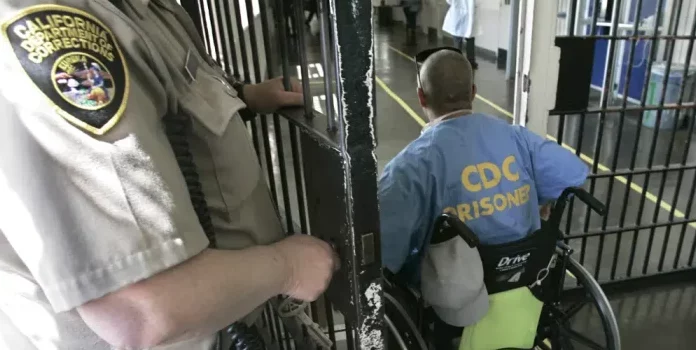(Headline USA) RINOs and Democrats are pushing to enable felons to vote in elections.
Restoring the voting rights of former felons drew national attention after Florida lawmakers weakened a voter-approved constitutional amendment and after a new election police unit, championed by Republican Gov. Ron DeSantis, arrested 20 felons attempting to vote.
Attempts like those to discourage felons from voting appear to be an outlier among the states.
At least 14 states have introduced proposals this year focused on restoration of voting rights, according to the Brennan Center for Justice.
An Oregon proposal would allow felons to vote while incarcerated.
A Tennessee bill would automatically restore voting rights once a sentence is completed, except for a small group of crimes.
Texas legislation would restore voting rights to those on probation or parole.
In Minnesota, Democratic Gov. Tim Walz on Friday signed a bill restoring voting rights to convicted felons as soon as they get out of prison.
A bill moving through the New Mexico Legislature would do the same.
“Restoring voting rights really is an issue where we’ve seen bipartisan momentum,” said Patrick Berry, counsel for the Democracy program at the Brennan Center.
More than 4.6 million felons are currently prohibited from voting in the United States because of felony convictions, according to the Sentencing Project.
Laws vary by state, based on pardon requirements, payment of fines, fees and child support, and when a sentence (including probation and parole) is considered complete.
A bill that would eliminate a two year wait in Nebraska would alter a 2005 law. Before then, felonies in Nebraska brought a lifetime voting ban in most cases.
At the time Nebraska was in step with other states. Now, while a few states require wait times for specific offenses or define completion of a sentence as including things such as fines and restitution, Nebraska is alone in requiring a general waiting period beyond imprisonment and release from parole or probation, said Margaret Love, co-founder and director of the Collateral Consequences Resource Center.
Kathy Wilcot, a member of the University of Nebraska Board of Regents, was the lone dissenter from among the nearly 20 witnesses who spoke on Wayne’s bill.
“I do think that hopefully the waiting period reinforces the fact that voting is something very special, and hopefully that will be part of the things that an individual would consider if they’re tempted to break the law again,” she said.
Adapted from reporting by the Associated Press

